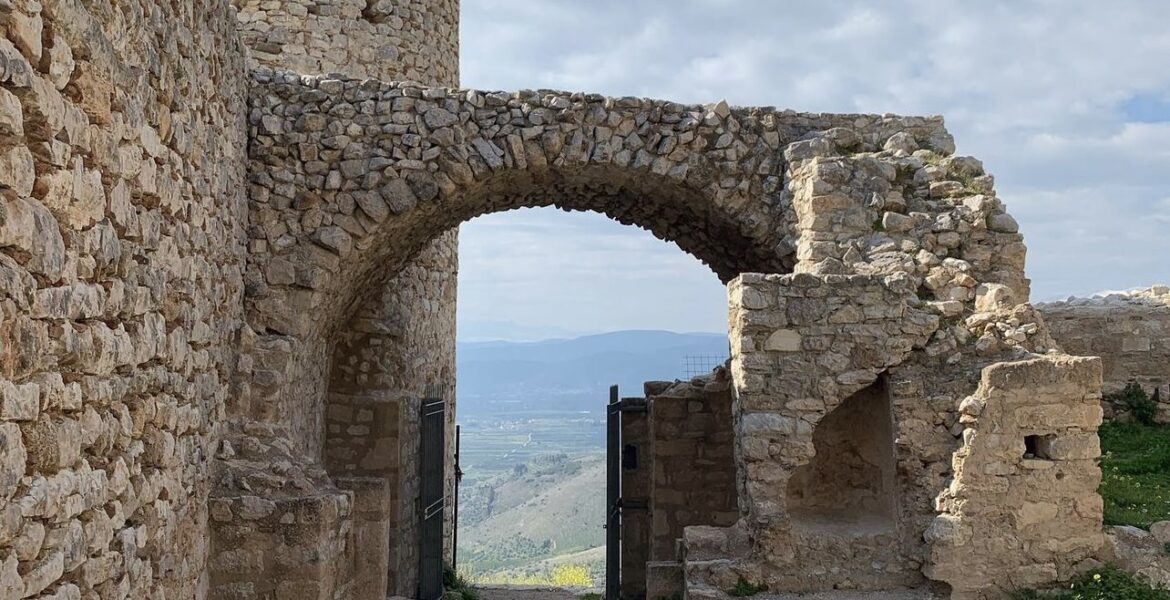Earth may have been around for a long time before mankind came long, but once humans did settle down, they created magnificent cities that have stood the test of time for thousands of years. Many of the earliest human settlements have disappeared, but the oldest remaining cities on the planet exhibit a rich array of cultures and civilisations.
Determining the world's most ancient city is a subject of debate, but a recent article by global travel and entertainment guide Time Out entitled "15 of the Oldest Cities in the World" may contain the answer. This list covers a list of the oldest cities in the world that can still be visited today in each continent except Antarctica, which houses Base Orcadas (not the world's oldest settlement, but the oldest continuously inhabited settlement in Antartica).
Argos, Greece, is included in this list and is considered to be one of the oldest continuously inhabited cities in the world, and the oldest in Europe. Located in the northeastern Peloponnese region, Argos has a rich history that spans over three millennia, making it a fascinating destination for travellers who are looking to explore ancient Greece and its heritage.
Argos was a significant centre of Mycenaean civilisation and played a significant role in major events of ancient Greece such as the Trojan War and the Persian Wars.
As one of the most important cities in Mycenaean civilisation, Argos is home to a wealth of ancient ruins and landmarks. The most notable of these is the Heraion of Argos, a temple dedicated to the goddess Hera that was built around 700 BC. This impressive structure, which features a series of Doric columns and intricate carvings, is one of the largest and best-preserved temples of its kind in Greece.
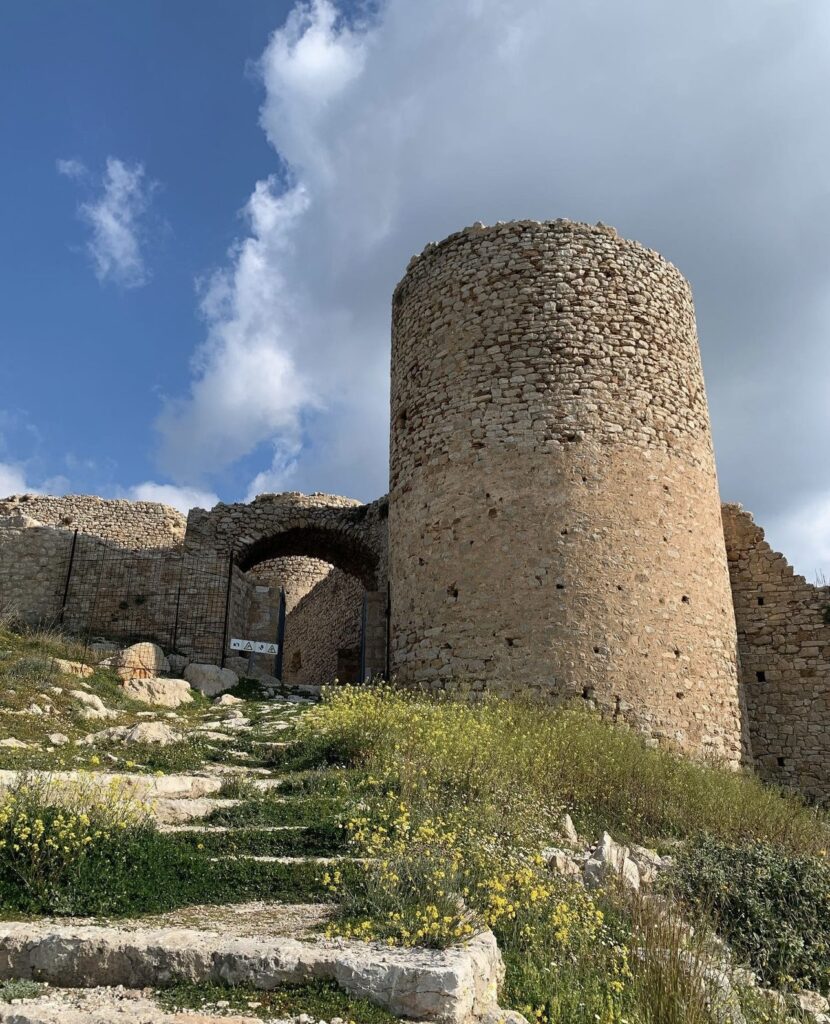
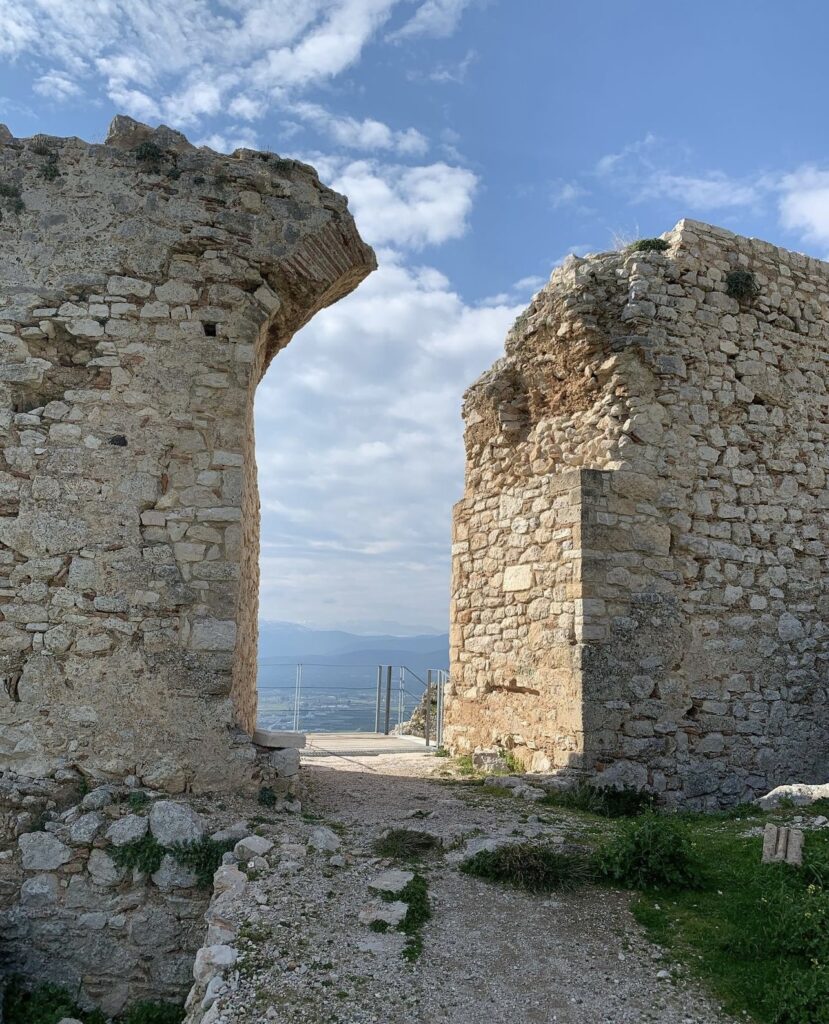
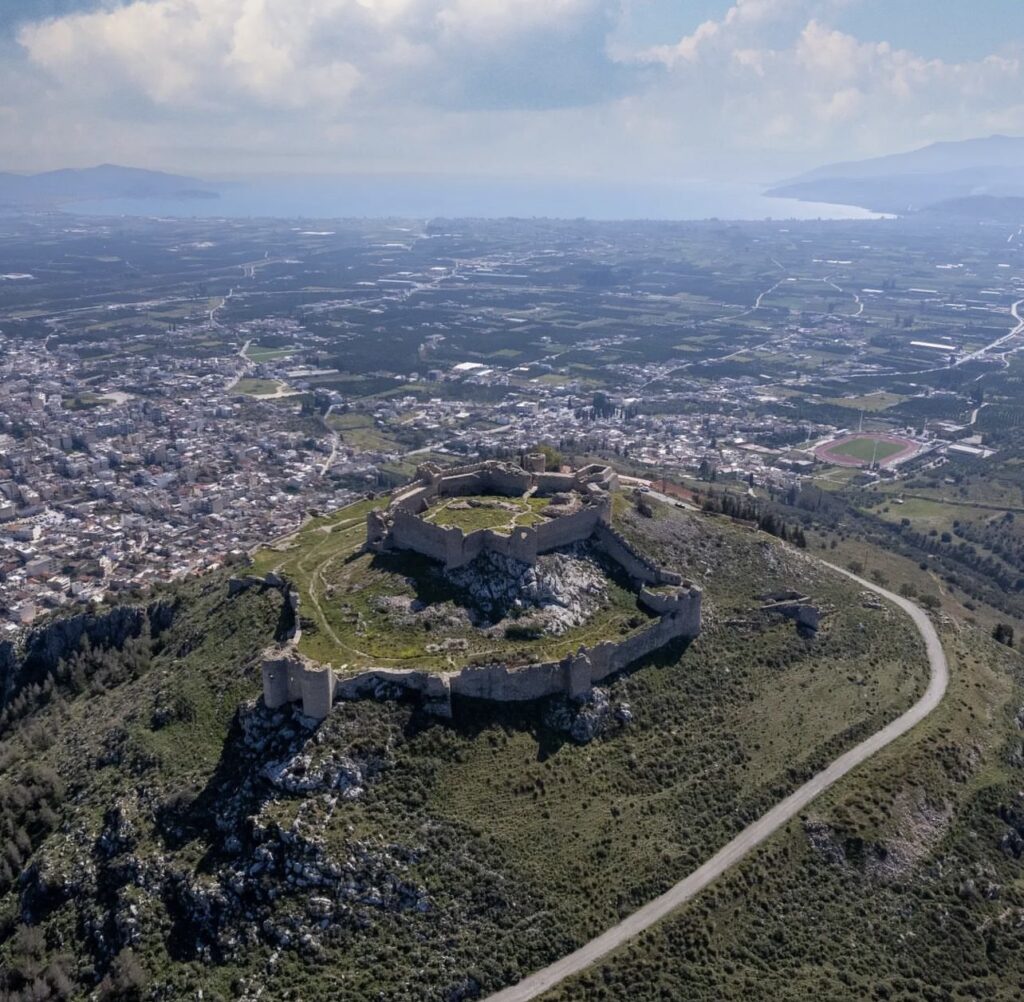
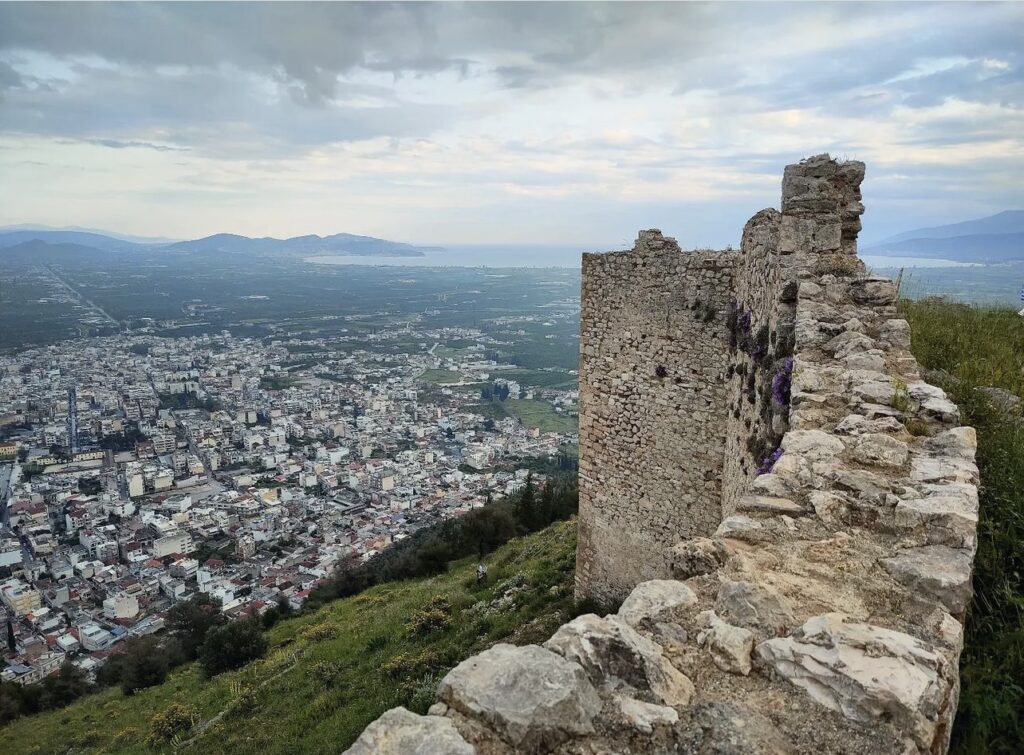
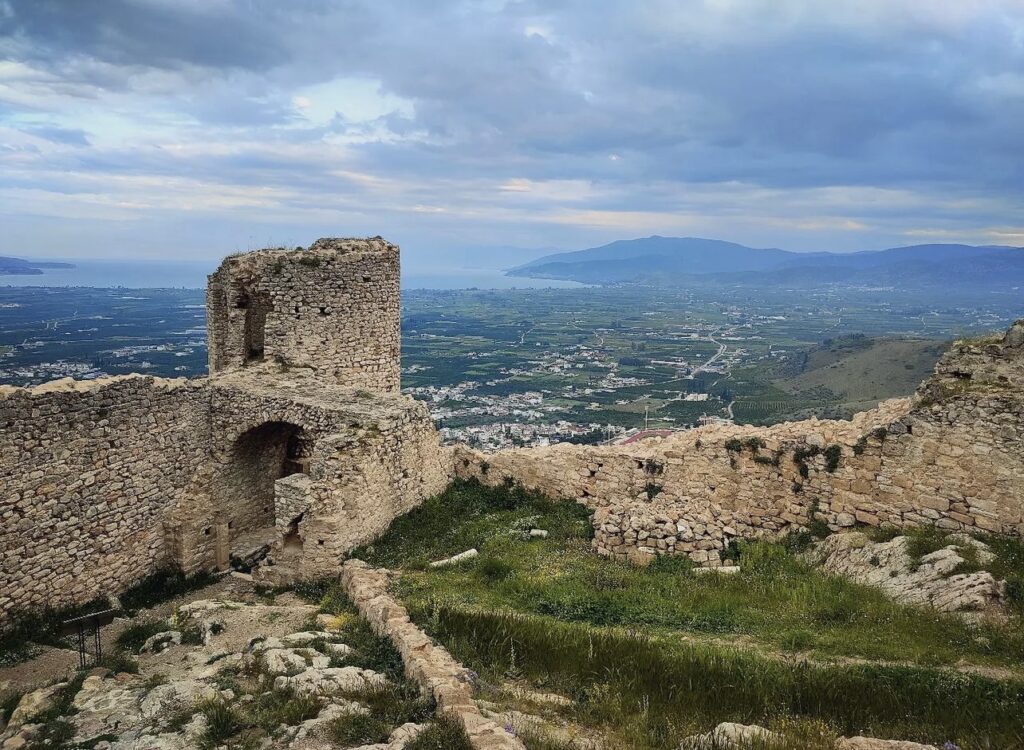
Another must-see site in Argos is the Larisa Fortress, a medieval castle that was built on the site of an ancient acropolis. The fortress offers stunning views of the surrounding countryside and is an ideal spot for taking photos.
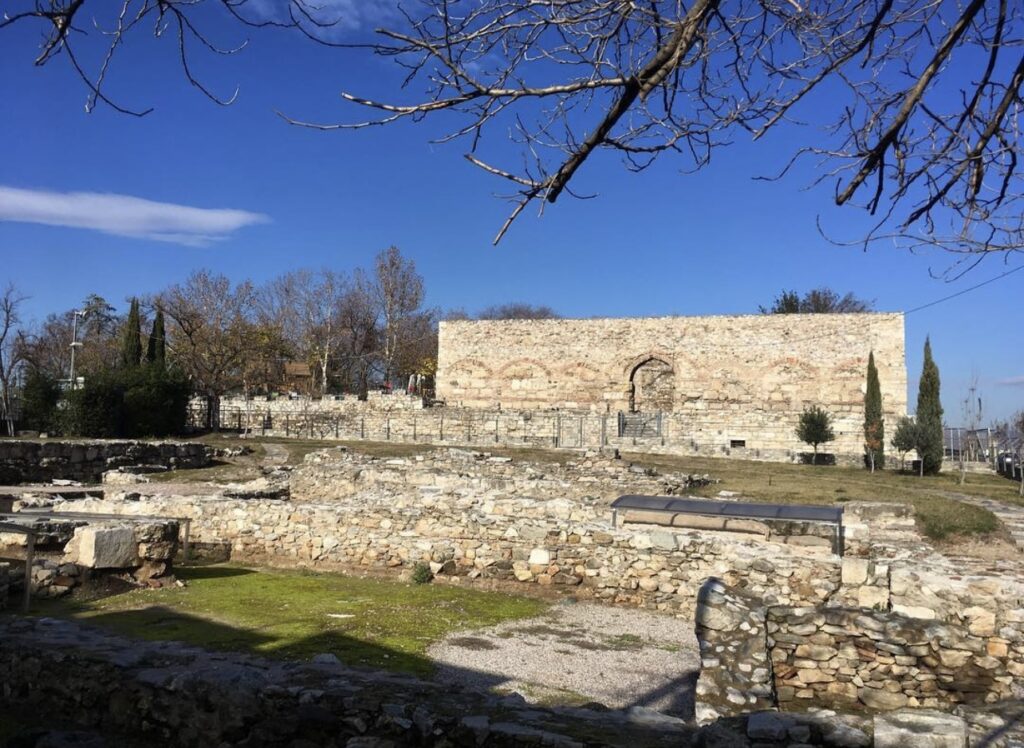
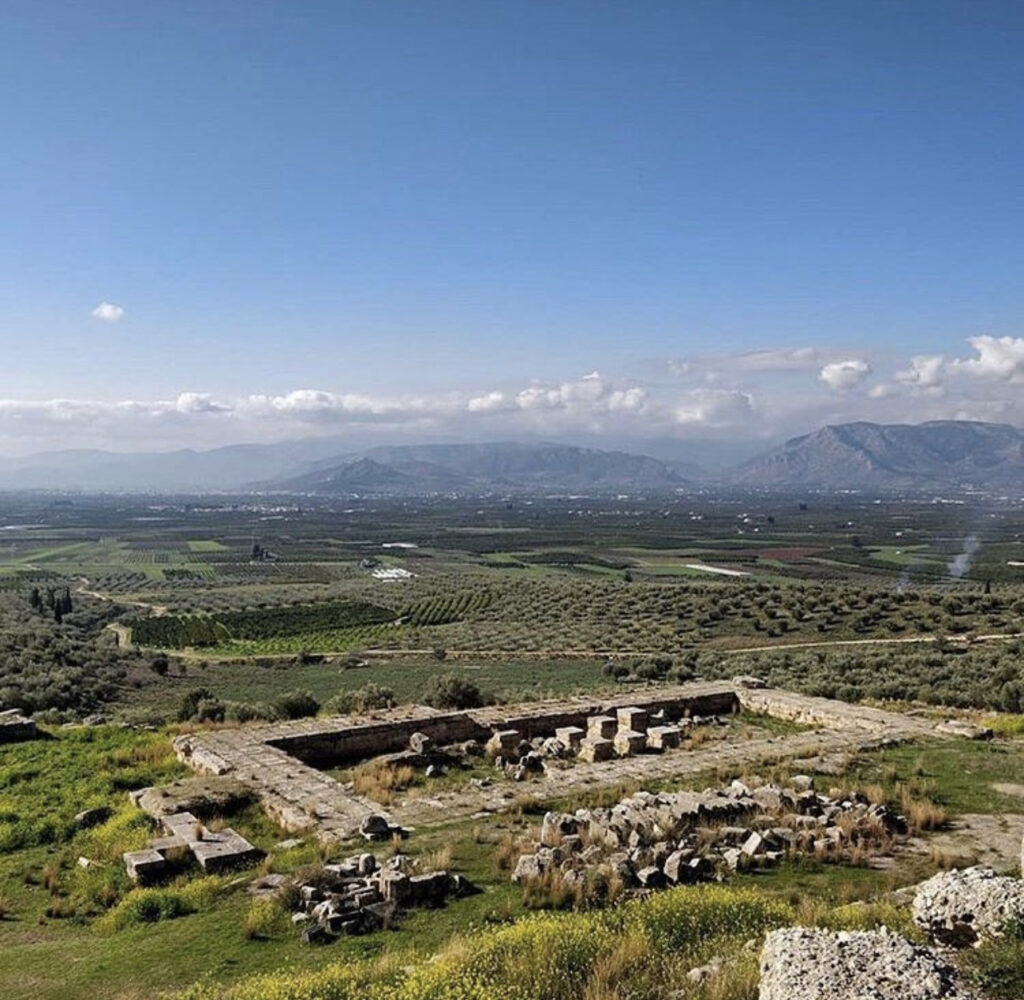
In addition to its ancient landmarks, Argos is also known for its rich cultural heritage. The city's Archaeological Museum is home to a vast collection of artefacts from the Mycenaean, Geometric, Classical, Hellenistic, and Roman periods, including pottery, jewellery, and sculptures. Visitors can also explore the Municipal Art Gallery, which houses an impressive collection of works by Greek artists from the 19th and 20th centuries.
For those who enjoy the great outdoors, Argos offers plenty of opportunities for hiking, biking, and other outdoor activities. The nearby Lyrkeia Mountains are a popular destination for hiking enthusiasts, while the nearby beaches of Nafplio and Tolo offer plenty of opportunities for swimming and sunbathing.
When it comes to dining, Argos has plenty of options to suit all tastes and budgets. Traditional Greek cuisine is the order of the day, with local specialties including moussaka, souvlaki, and grilled fish. There are also plenty of cafes and bars in the city where visitors can relax and enjoy a coffee or a glass of wine.
Overall, Argos is a city that offers something for everyone. With its rich history, cultural heritage, and stunning natural beauty, it is a destination that should not be missed by anyone traveling to Greece.
Read also Dog-Friendly: Pets Now Allowed Into Archaeological Sites in Greece

